27 Feb 2021
Russen und Deutsche - Sieben historische Wendepunkte
No overview found
Explores the historical and contemporary significance of salt, detailing its extraction from the earth and oceans, its role in food preservation, livestock nutrition, and its various industrial uses. The film highlights how salt has shaped human civilization, from ancient trade routes to modern applications in healthcare and chemical production. It emphasizes salt's essential role in our daily lives, underscoring its necessity for health and well-being.
27 Feb 2021
No overview found
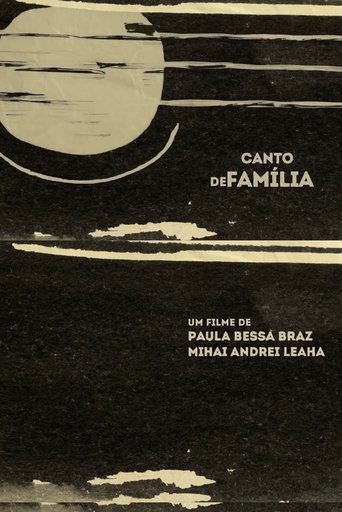
17 Jun 2021

Raised in one of the most violent outskirts of Fortaleza, the Cruz brothers had their lives shaped by music to the point that their parents turned the house where they live into a school.
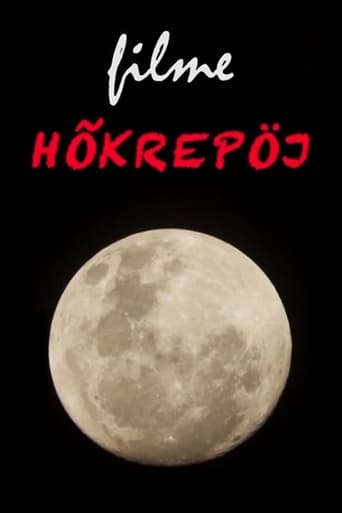
17 Jun 2021

A deep dive into contemporary Brazilian music. Guided by the composer, anthropologist and ethnomusicologist Kilza Setti and the Hésperides Música das Américas nucleus, the documentary takes us to a world where contemporary music, the Guarani and Timbira peoples, the colonization of America and poetic professions meet.
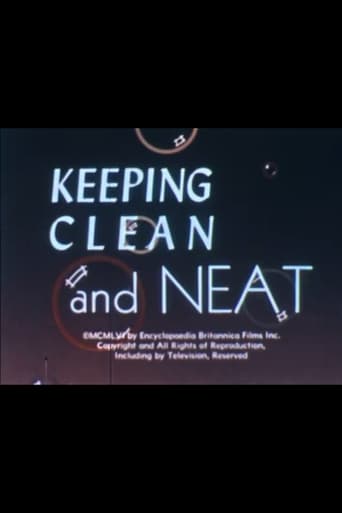
09 Aug 1956

Two eighth graders doing an assembly on cleanliness and neatness seek underclassmen. A look into Don and Mildred's hygienic endeavors.
25 Jun 1959
Narrated by Sir Michael Redgrave, this film shows the colleges and student life of Cambridge in 1963. From British Pathé TV's Arts Collection.
01 Jan 1975
No overview found
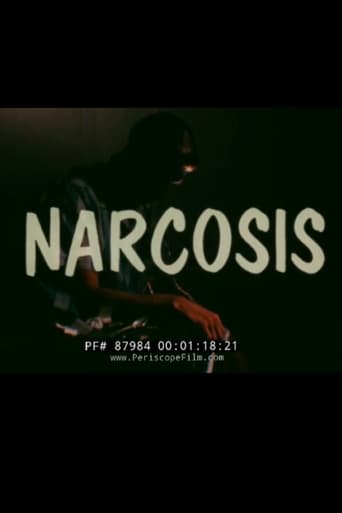
01 Jan 1962

This color educational movie “Narcosis” is a “scare film” about the realities of heroin and drug addiction The title narcosis refers to a state of stupor, drowsiness, or unconsciousness produced by drugs. According to a card at 1:50, actual addicts appear in the film.
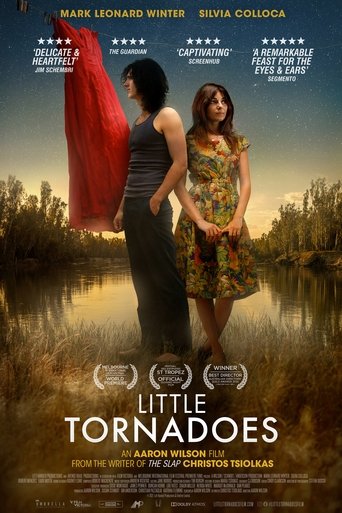
12 May 2022

A poignant drama set in 1970s Australia about a newly-single father’s efforts to weather the turbulence of change – in his life and in the world around him – while a new immigrant endeavours to find her place in a foreign land.
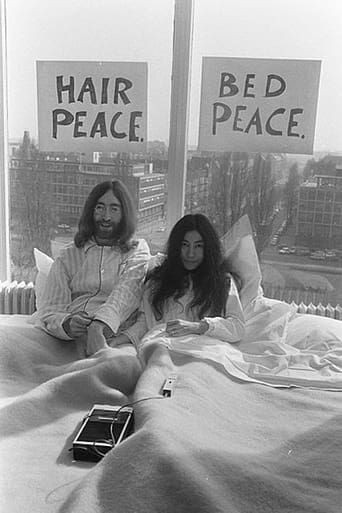
24 Mar 1969

John and Yoko in the presidential suite at the Hilton Amsterdam, which they had decorated with hand-drawn signs above their bed reading "Bed Peace." They invited the global press into their room to discuss peace for 12 hours every day.
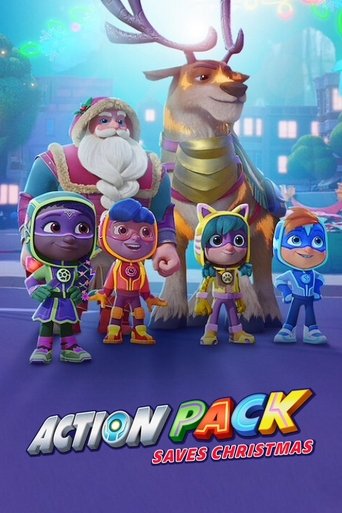
28 Nov 2022

The Action Pack teams up with Santa Claus to save the day when greedy Teddy Von Taker plots to steal all of the Christmas cheer from Hope Springs.
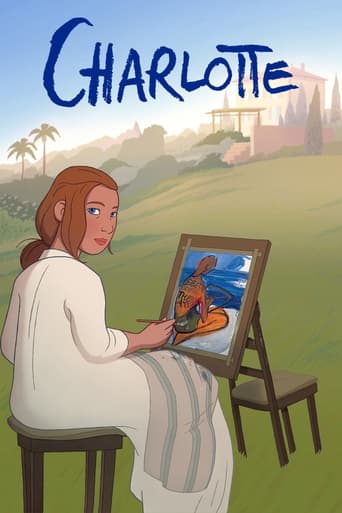
22 Apr 2022

The true story of Charlotte Salomon, a young German-Jewish painter who comes of age in Berlin on the eve of the Second World War. Fiercely imaginative and deeply gifted, she dreams of becoming an artist. Her first love applauds her talent, which emboldens her resolve. When anti-Semitic policies inspire violent mobs, she escapes to the safety of the South of France. There she begins to paint again, and finds new love. But her work is interrupted, this time by a family tragedy that reveals an even darker secret. Believing that only an extraordinary act will save her, she embarks on the monumental adventure of painting her life story.
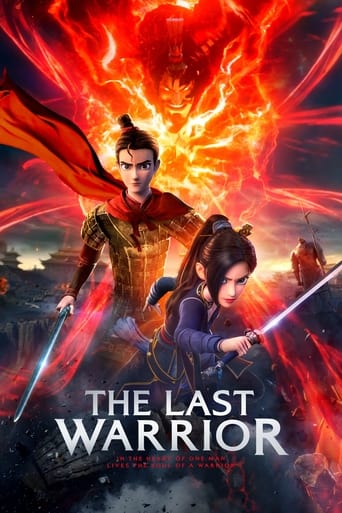
09 Jul 2021

In the underground world, there are not only terracotta warriors and horses, but also a variety of bronze relics, resurrected bronze beasts and an underground creature called the "Earth Horn". The hero, Meng Yuan, is an odd-job figurine in the underground Qin tombs. He works with the mysterious girl Shi Yu to capture the Earth Horn and goes through dangerous situations, but unexpectedly discovers the mystery of the endless battle between the Earth Horn and the terracotta warriors
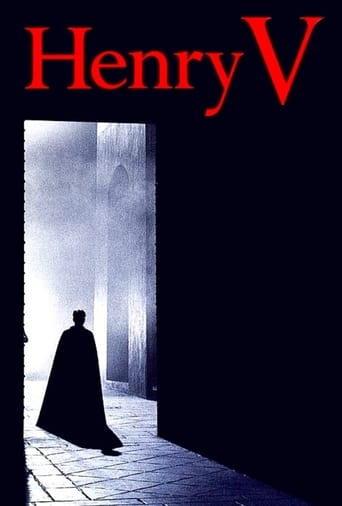
05 Oct 1989

In 1415, in the midst of the Hundred Years' War, the young King Henry V of England embarks on the conquest of France.

17 Oct 2007

The story of Tasmanian-born actor Errol Flynn whose short & flamboyant life, full of scandals, adventures, loves and excess was largely played out in front of the camera - either making movies or filling the newsreels and gossip magazines. Tragically he was dead from the effects of drugs and alcohol by the time he was only 50 & the myths live on. But there is another side of Flynn that is less well known - his ambitions to be a serious writer and newspaper correspondent, his documentary films and his interest in the Spanish Civil War and Castro's Cuba
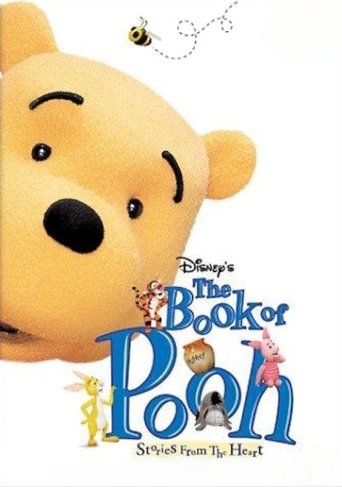
17 Jul 2001

Part of The Book of Pooh series, which offers preschool kids simple life lessons and scholastic pointers, The Book of Pooh: Stories From the Heart uses puppetry and computer animation to tell Christopher Robin's imaginative tales. Kids join Christopher Robin, Winnie the Pooh, Piglet, and Tigger for an afternoon of storytelling and lesson learning.
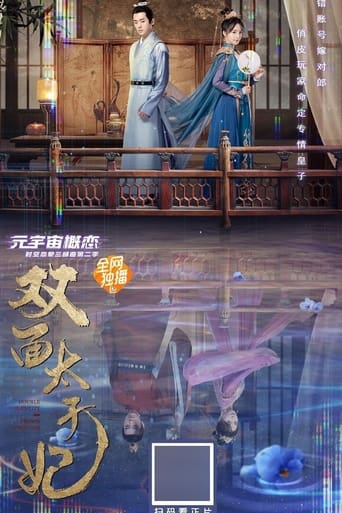
23 Jul 2022

Shen Weiwei gets trapped in the VR game "Metaverse Romance" as the Crown Princess. Navigating a tense dynamic between the Crown Prince and Prince Ning, she makes bold choices that trigger unforeseen events and reveal a hidden mission.
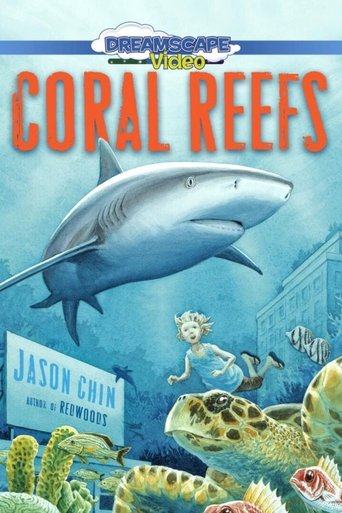
01 Jan 2018

During an ordinary visit to the library, a young girl pulls out a not-so-ordinary book from the shelves. As she turns the pages in this book about coral reefs, the city around her slips away and she finds herself surrounded by the coral cities of the sea and the mysterious plants and animals that live, hunt, and hide there.

01 Nov 2015

The film features amazing scenes of places never before seen gathered by key space missions that culminated with groundbreaking discoveries in 2015. It features a spectacular flight though the great cliffs on comet 67P, a close look at the fascinating bright "lights" on Ceres, and the first ever close ups of dwarf binary planet Pluto/Charon and its moons.
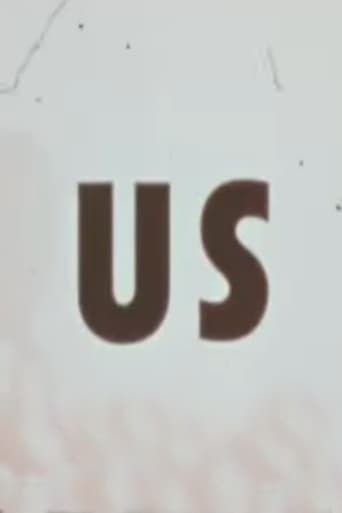
23 Jan 1970

This experimental 1970 color documentary film, ostensibly designed to provoke classroom discussion employs a boldly unconventional approach to addressing the issues of drug addiction, featuring the music of Canadian singer-songwriter Bruce Cockburn. The film eschews narration for montage effects and extended fly-on-the-wall scenes of various drug users in conversation.
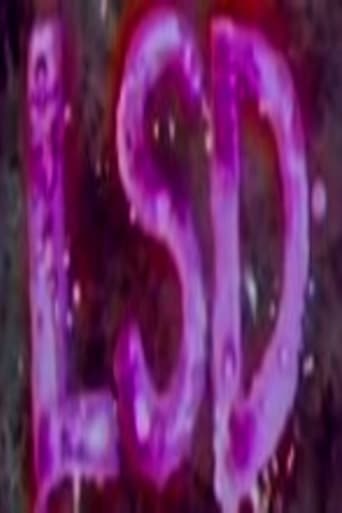
01 Jan 1967

1967 Navy training film MN-10507-A. Navy physician talks about the dangers of LSD or "Russian roulette in a sugar cube." National Archives Identifier: 6379 "How LSD was discovered, the extreme dangers of using it and how it affects the brain and body."